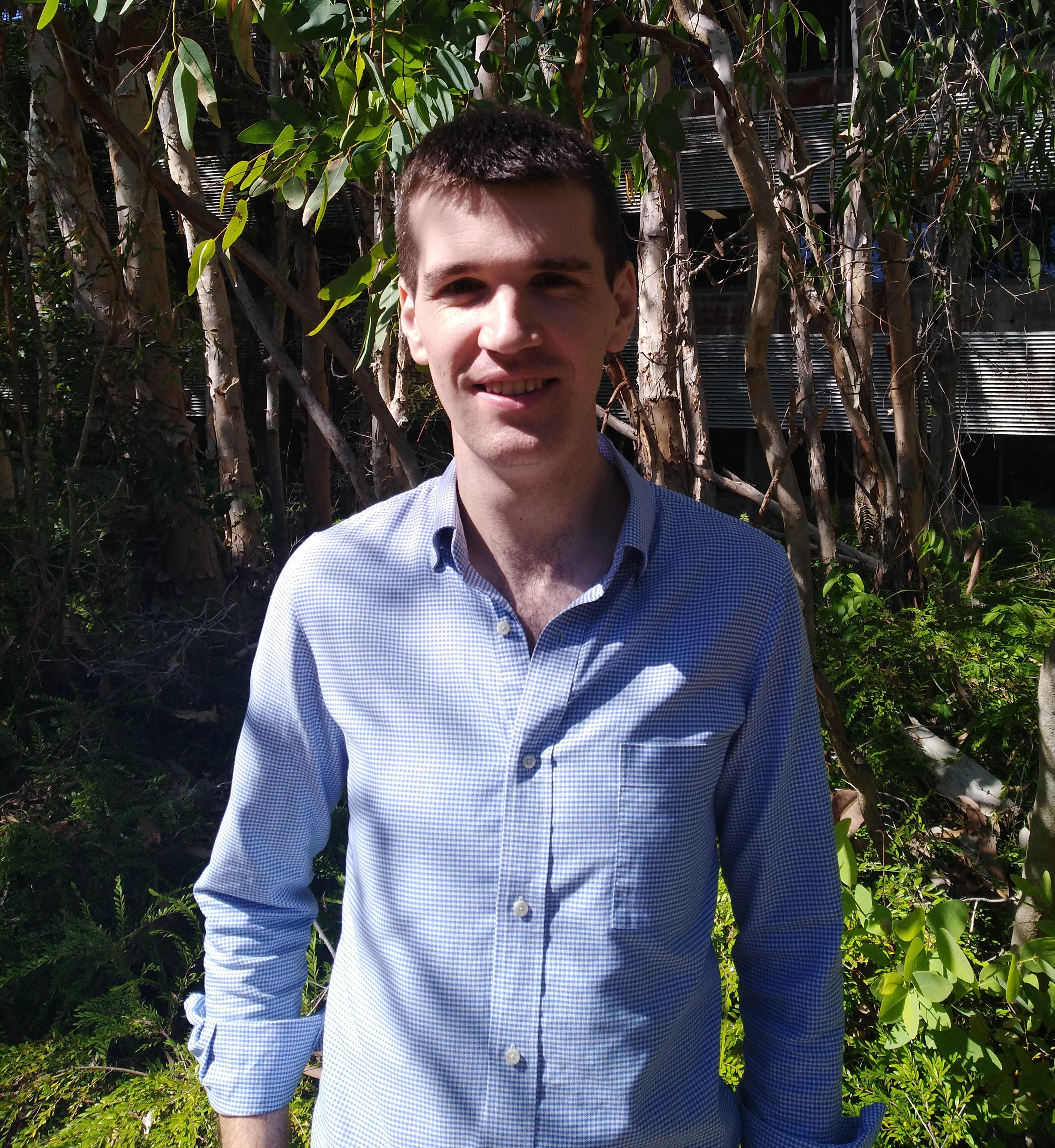Disability Practice in the Spotlight
David Pech

“It’s about connecting with each individual and understanding their needs as an individual.” That’s the best piece of advice that David Pech, Senior Disability Liaison Officer at Charles Darwin University, says he’s ever received.
“My first supervisor was also a psychology teacher, so she trained as a psychologist, and she had some great advice…in disability, it’s always individualised. I think what she taught me that’s really valuable is that you have to make that time to have an individualised approach to each student that comes through the door and you can’t make it an administrative process, it doesn’t work that well if you try to do that.”
It’s the same advice he would give to today’s newcomers.
“It’s really easy to get caught up in the process or in big university systems, or time pressure and all those other things, but the first and foremost things in the role have got to be connecting with that individual and understanding them as much as possible.”
David has been in his role since July last year. Prior to that, he worked at the University of Melbourne, and in inclusive education at the secondary school level in Canberra.
He says his role up north is a “unique situation”.
“We’re one of two higher education providers here but we have so many online students, so many remote students, so many Indigenous students. It’s just such a different demographic, it’s so different to where I was previously at Melbourne Uni, where you get all the classic 18, 19-year-olds, their first time out of high school and they’re into university. Here, we’ve got people coming back to study and it’s also dual sector so not just higher education but also vocational study.
“We barely had any online students [at Melbourne Uni] so that’s been a whole different way of thinking to me, ‘how do you support students when they’re not physically present on campus, how can you provide adjustments for them or support them when they’re doing their study entirely online and they’re removed from that personal connection with teaching staff’ and so on. Similarly, we have a really high proportion of Indigenous students, [so] how can we make our process culturally appropriate and accessible for Indigenous people?”
He says a typical day for him is very busy, balancing daily tasks and appointments with major projects.
“So at the moment we’re trying to develop an accessible map of the campus, a map that shows where all the accessible toilets are, all the parking spots, what the wheelchair friendly routes are.”
Amongst the busyness there’s plenty to keep David motivated.
“I think the main motivator in any of these kind of support roles is seeing students achieve…and supporting them as they get through something like higher education is always really valuable, rewarding I think, so that’s definitely something that I find motivating.”
Outside of the role, he enjoys literature and bushwalking to unwind at the end of the week.
As he has moved around the country, David has watched the rollout of the NDIS, which he says has “provided different challenges in different places.”
“Originally, I was in Canberra and they were one of the earlier places it was rolled out, and now I’m in the NT it’s just finally going to be fully rolled out in July. So that would be a big change in terms of understanding how that interacts with the kind of support that we provide to students – where are the boundaries, where are the opportunities to collaborate with the support that the students are getting through the NDIS?”
There are some other changes that he would like to see in his role and the industry, including a shift from individual adjustments to a move towards university-wide, universal design principles to foster inclusivity across the whole of an institution.
As a previous student of gender studies, David also values the idea of intersectional and interdisciplinary approaches.
“It’s something that lots of universities are moving towards I think, which is good, is the intersections, so for example where people with disabilities are also Indigenous or they’re also international students or that there’s having a more complex holistic approach to it, and I think part of that is making connections across services, across universities.”
Being based in the Northern Territory presents a set of challenges to David around staying in touch with industry colleagues. David says he is looking forward to the upcoming Pathways Conference in Sydney and being able to meet the network of practitioners there.
“I think that’s really valuable because we’re all having that shared experience of supporting students and…when you get together with a bunch of people that are doing the same thing and in the same situation you get great advice, and you get that perspective, so that will be really rewarding. Particularly being in the NT and being kind of isolated in the education space.”
David says he also tries to set aside time to stay connected to the industry and does as many of the ADCET webinars as possible.
He also finds it valuable to make time to read academic articles and research to stay current in his practice and stay challenged, and recommends others do the same, no matter how many years they’ve been in the role.
July 2018

